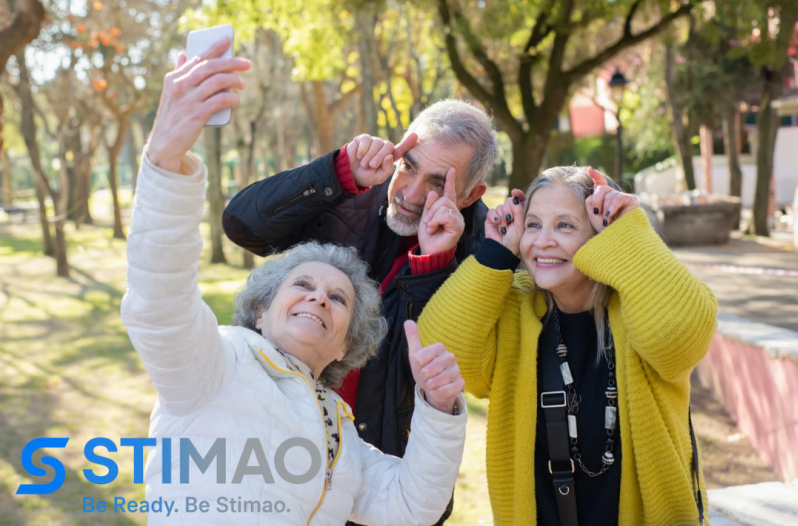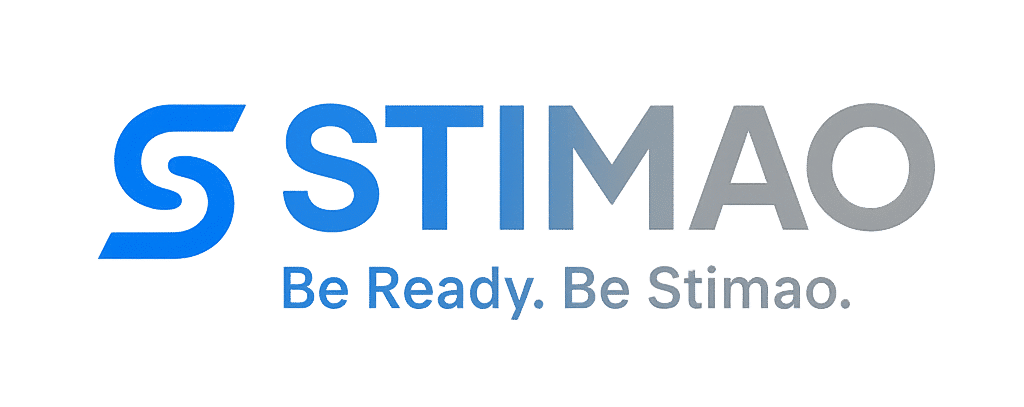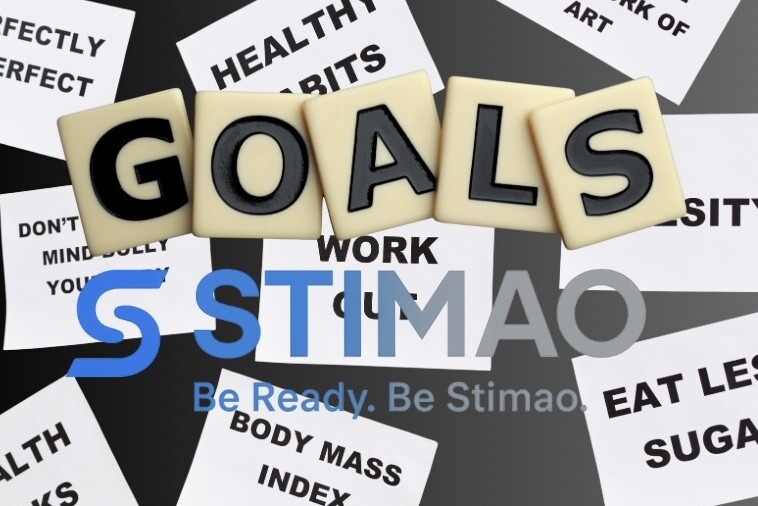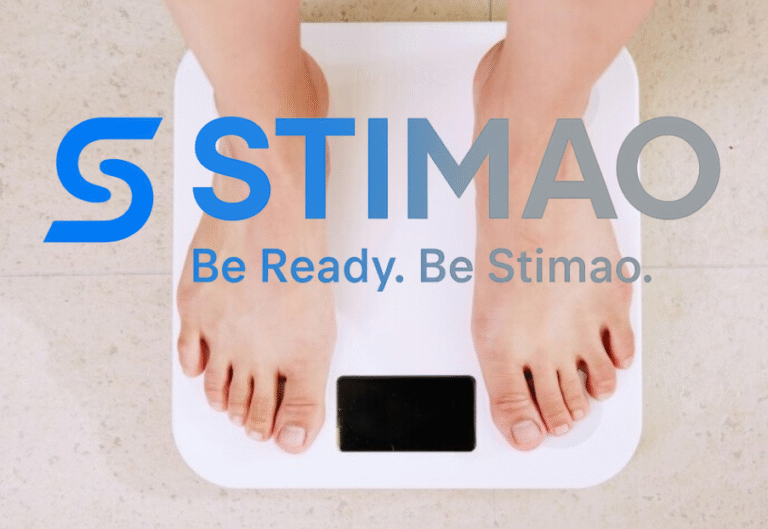
Social connection isn’t just about pleasantries—it’s a lifeline for our mental and physical health. Humans are wired to connect, almost like our brains have built-in Bluetooth. This bond with others not only keeps loneliness at bay but also boosts our mood, confidence, and overall life satisfaction.
Now, let’s talk about why social connection is so crucial. Imagine you’re juggling life’s stressors without a friend to lean on. Tough, right? Emotional bonds, whether with family, friends, or a community, act like an emotional sponge, soaking up stress and helping us cope better. Psychological theories, like Maslow’s Hierarchy of Needs, highlight belongingness as a fundamental need, telling us how deep this desire for connection runs.
But social connection doesn’t stop at keeping our spirits high. It dives into our physical health, too. Heart health, immune function, even longevity—all linked to how connected we feel to the people around us. Research is pretty clear on this—a stronger network can mean a healthier heart and a longer life.
Understanding the reasons we seek connection can be empowering. Theories like attachment or social identity explain our motivations and drive for relationships, grounding our need for social bonds in psychological principles. It’s not just emotional fluff; it’s science.
So, want to feel better, live longer, and perhaps chuckle more often? Strengthening and building connections might be the secret sauce. Ensuring we weave a beautiful web of social ties can genuinely enrich our lives, and it’s as easy as engaging in those meaningful chats, joining a club, or simply being there for a friend.
Harnessing Social Support to Enhance Overall Wellbeing
Social support comes in different flavors, much like a friend’s support at a tricky crossroads. It’s emotional, instrumental, informational, and appraisal—all unique forms that cater to our needs. Emotional support gives that warm, fuzzy feeling of being understood and valued. Instrumental support? That’s when your friend helps you move that heavy old couch without breaking a sweat.
These support systems are more than feel-good moments. They’re vital tools for better health. Having a shoulder to lean on can actually decrease stress hormones and lower blood pressure. It’s like having a daily dose of health perks delivered by the people who care about us.
There are real-life tales of lives turned around by social support—stories where community and friendship lifted people from difficult times. Imagine navigating life’s bumps without anyone to share them with. Studies suggest that those with strong networks are not only healthier but happier too. The evidence is overwhelming and reassuring.
Maintaining these social ties doesn’t have to be a chore. It can be as simple as checking in with someone, partaking in group activities, or simply being there when someone needs it. It’s like building a safety net with every shared laugh or vented frustration, creating a community around yourself.
Technology enters the chat with a mixed bag of treats and tricks. While social media offers more ways to connect than ever before, it also presents challenges like superficial interactions. Striking the right balance is key—using digital tools to supplement rather than replace real-life interactions can keep our relationships healthy and genuinely supportive.





